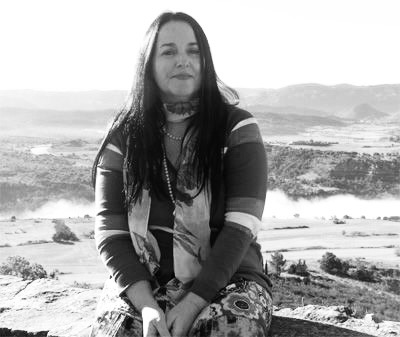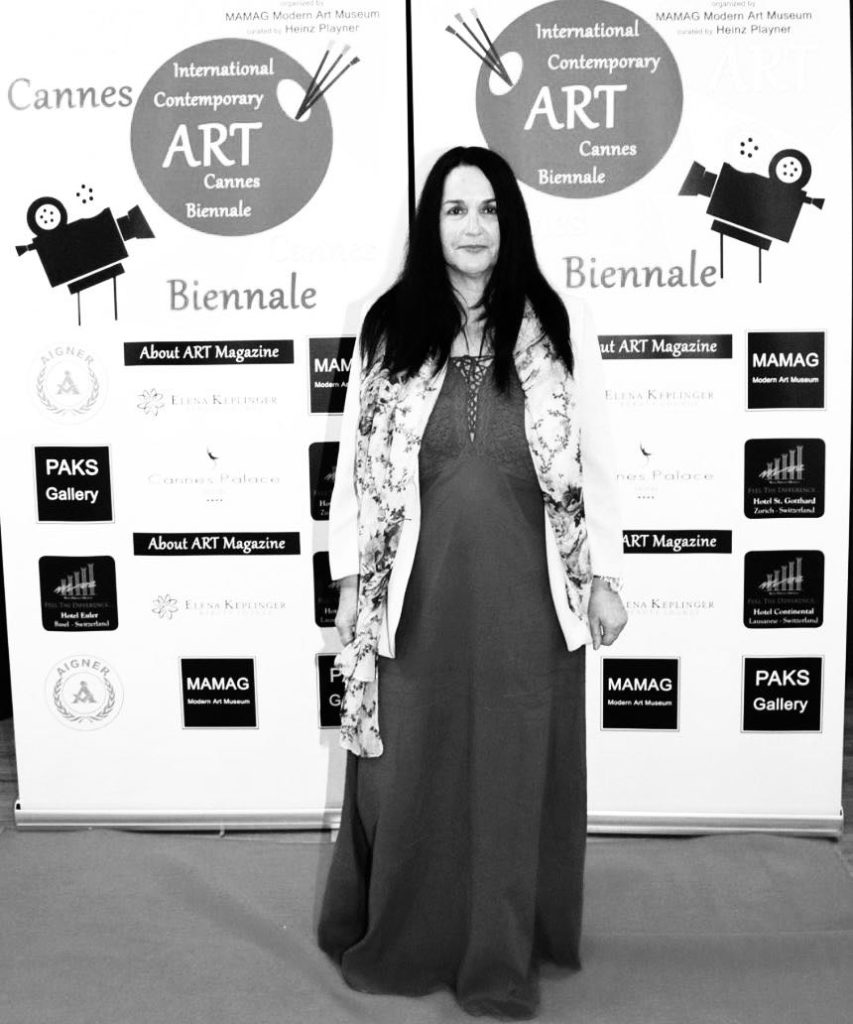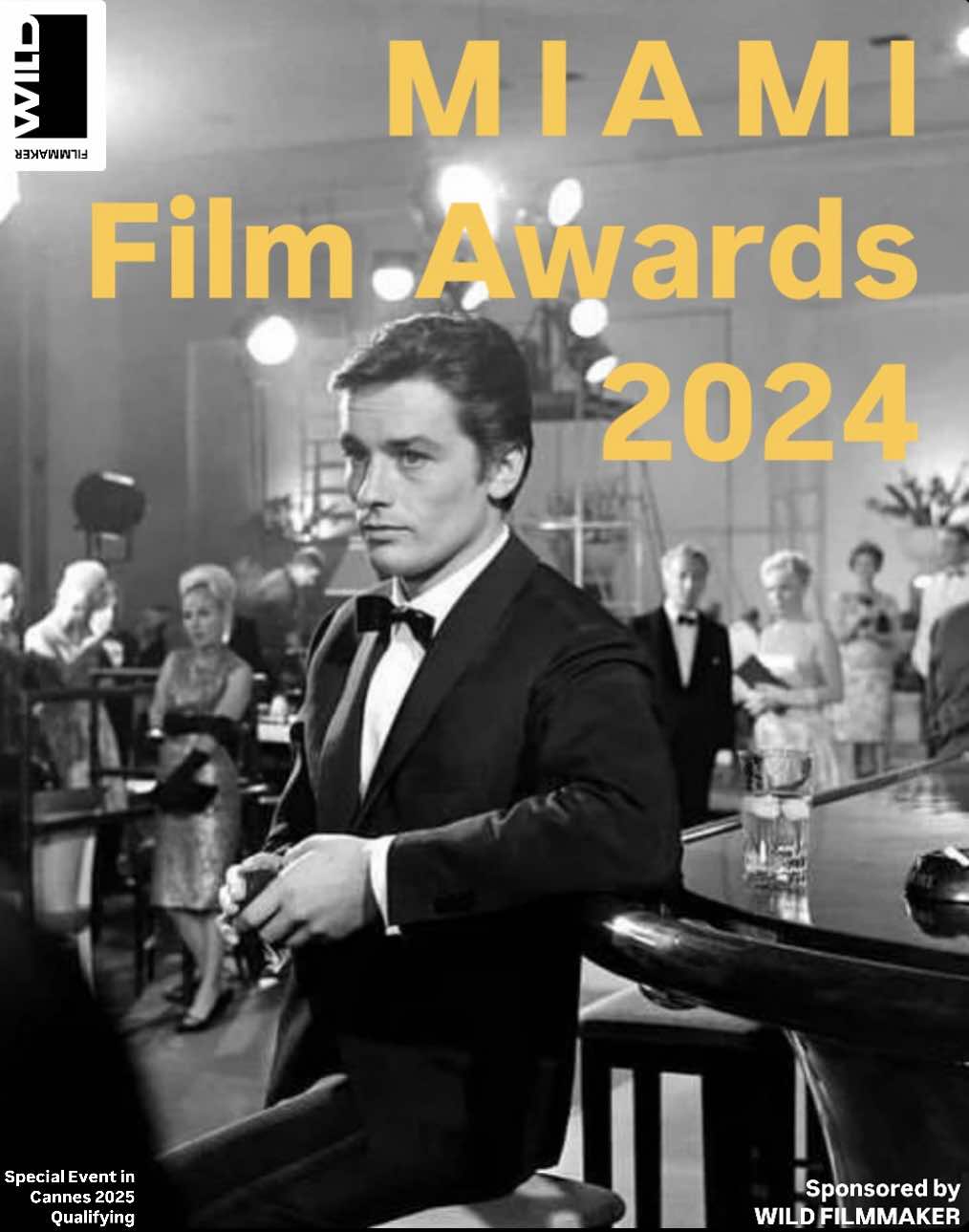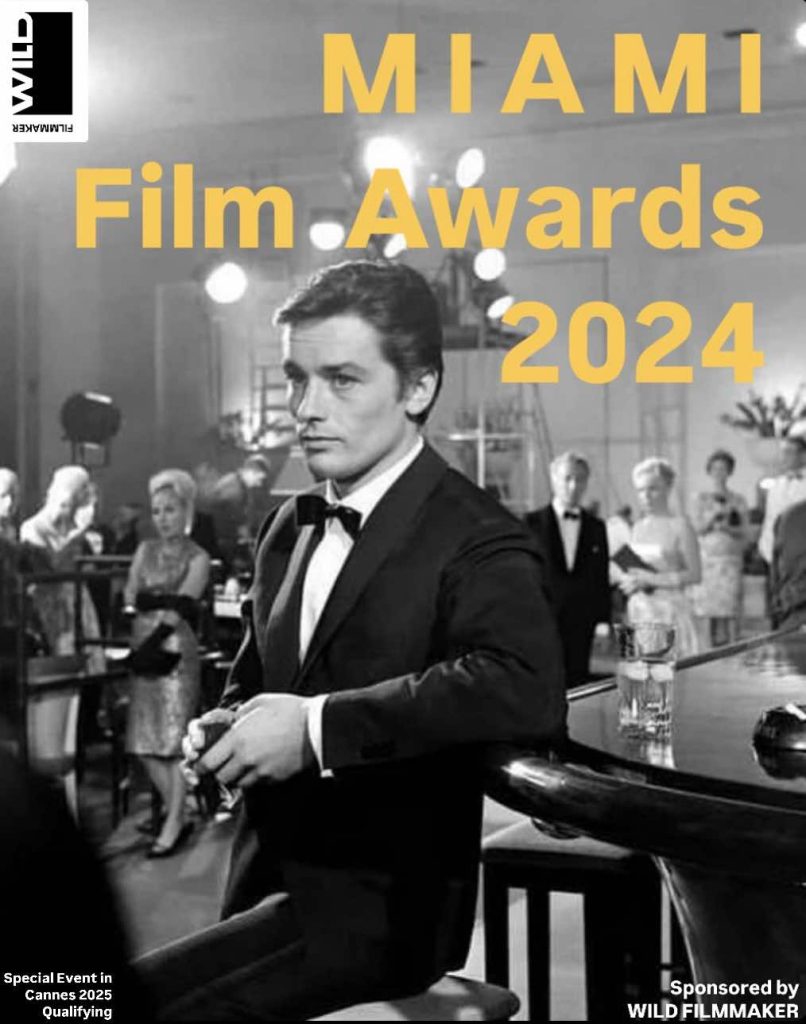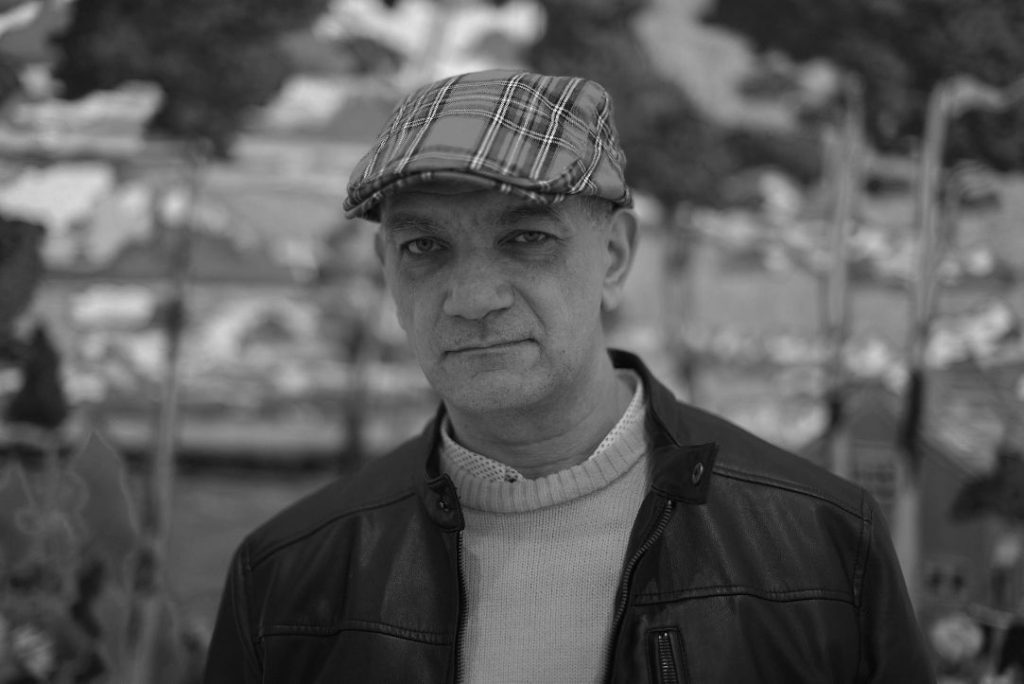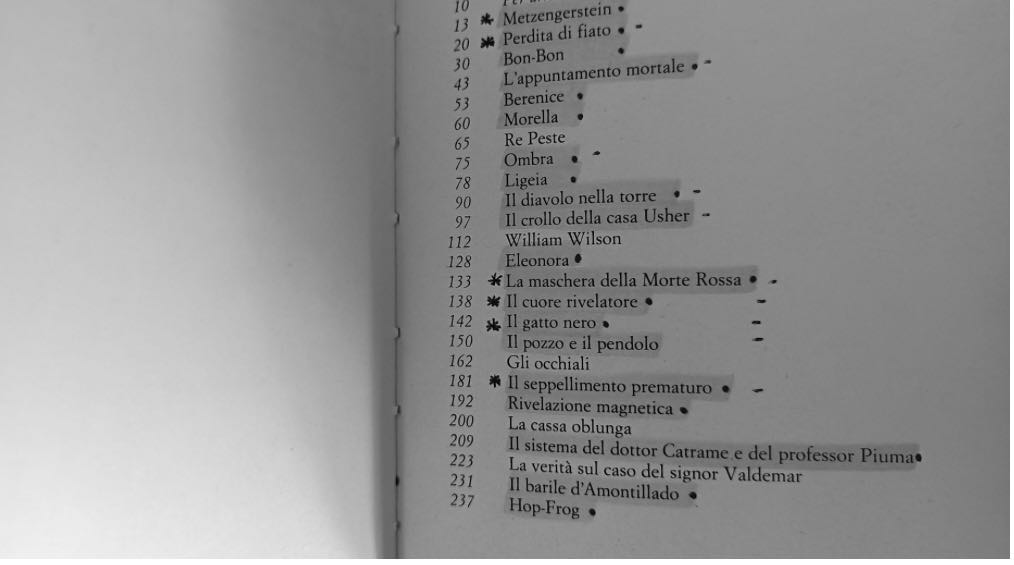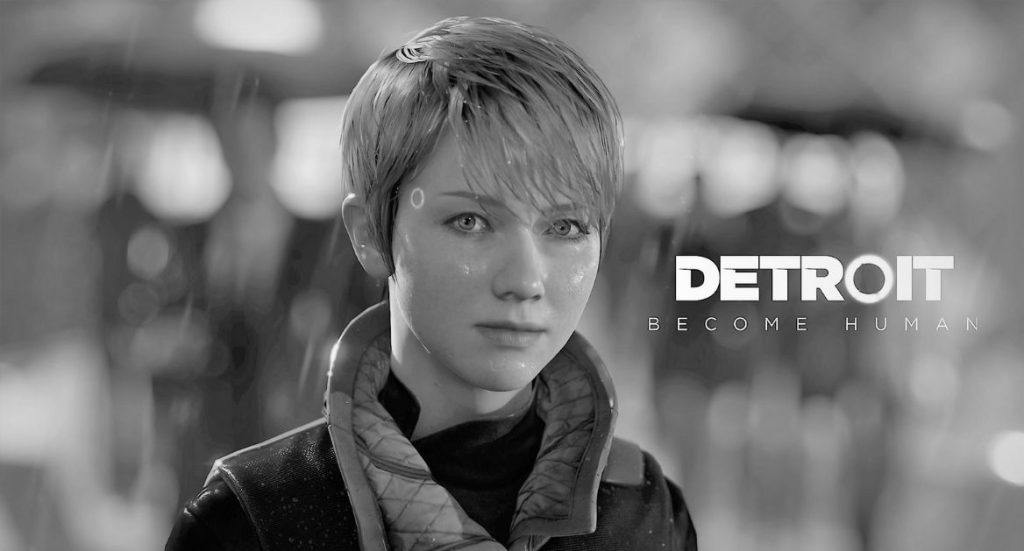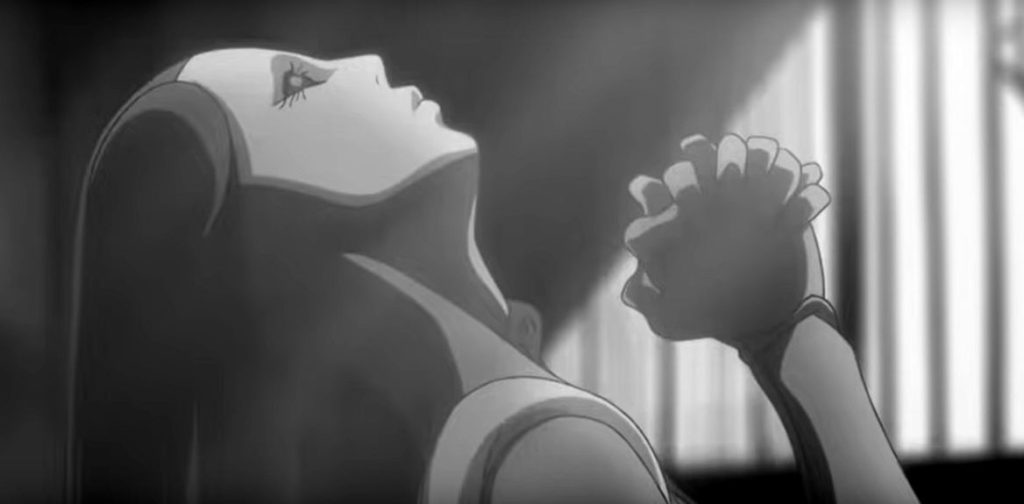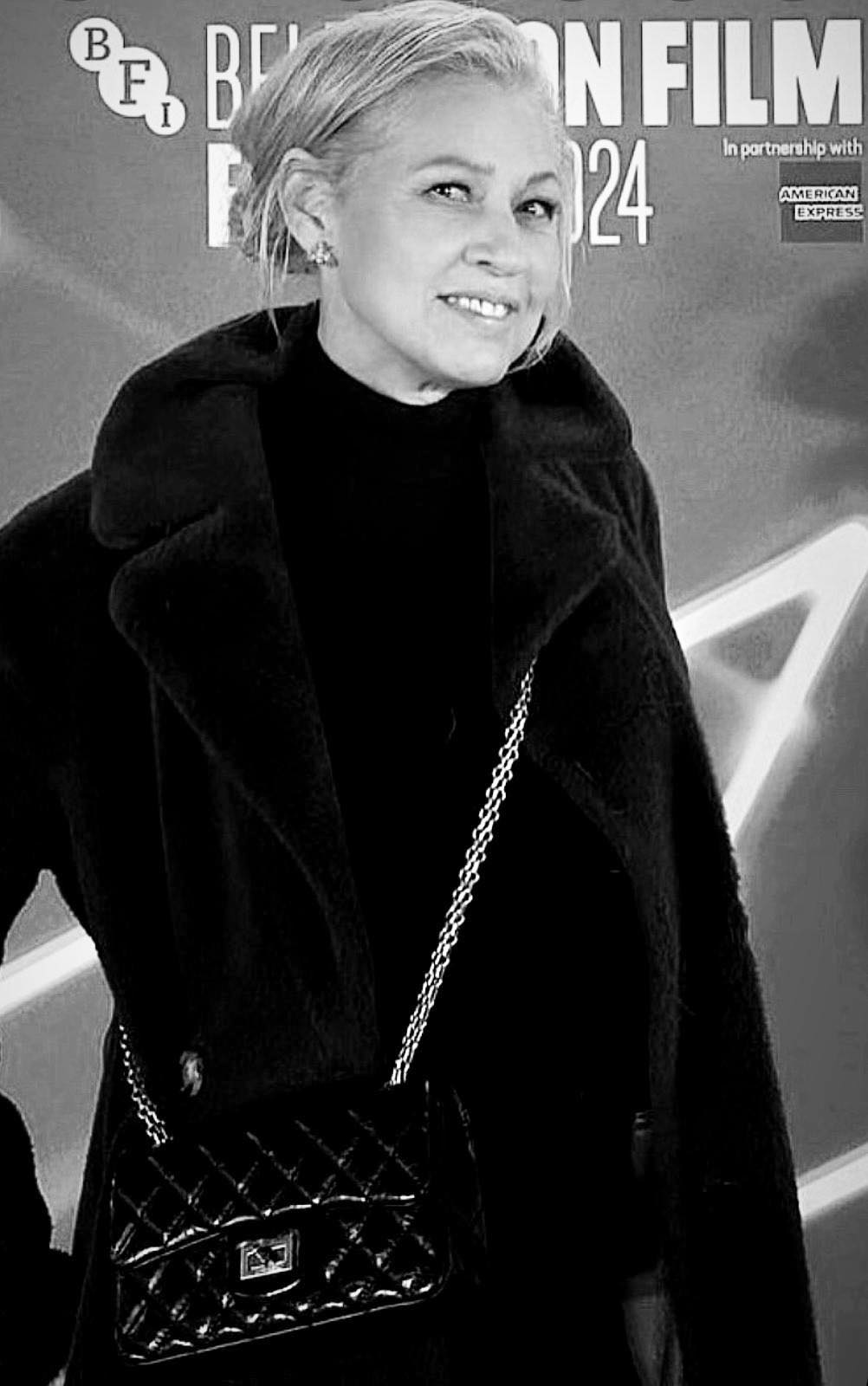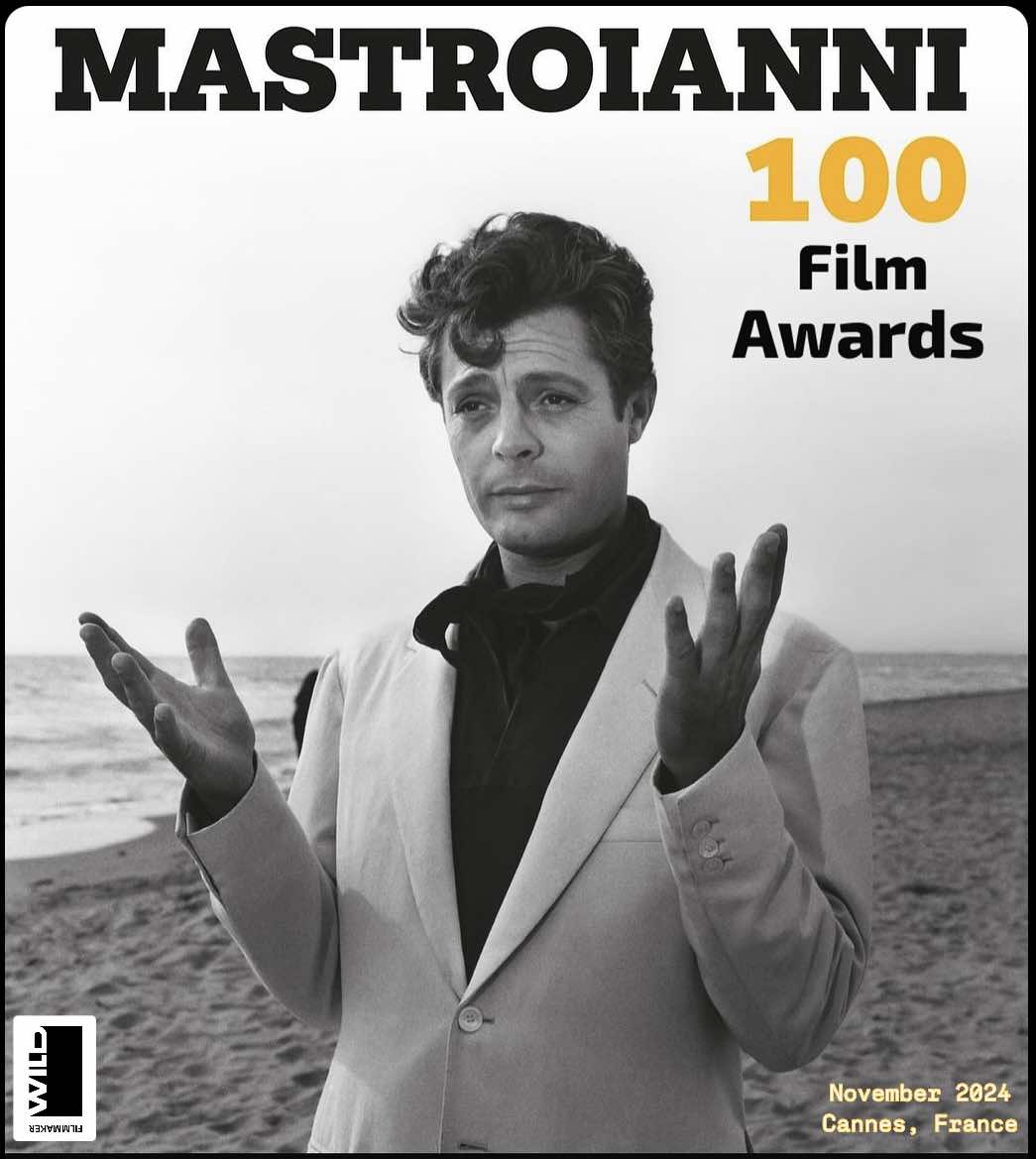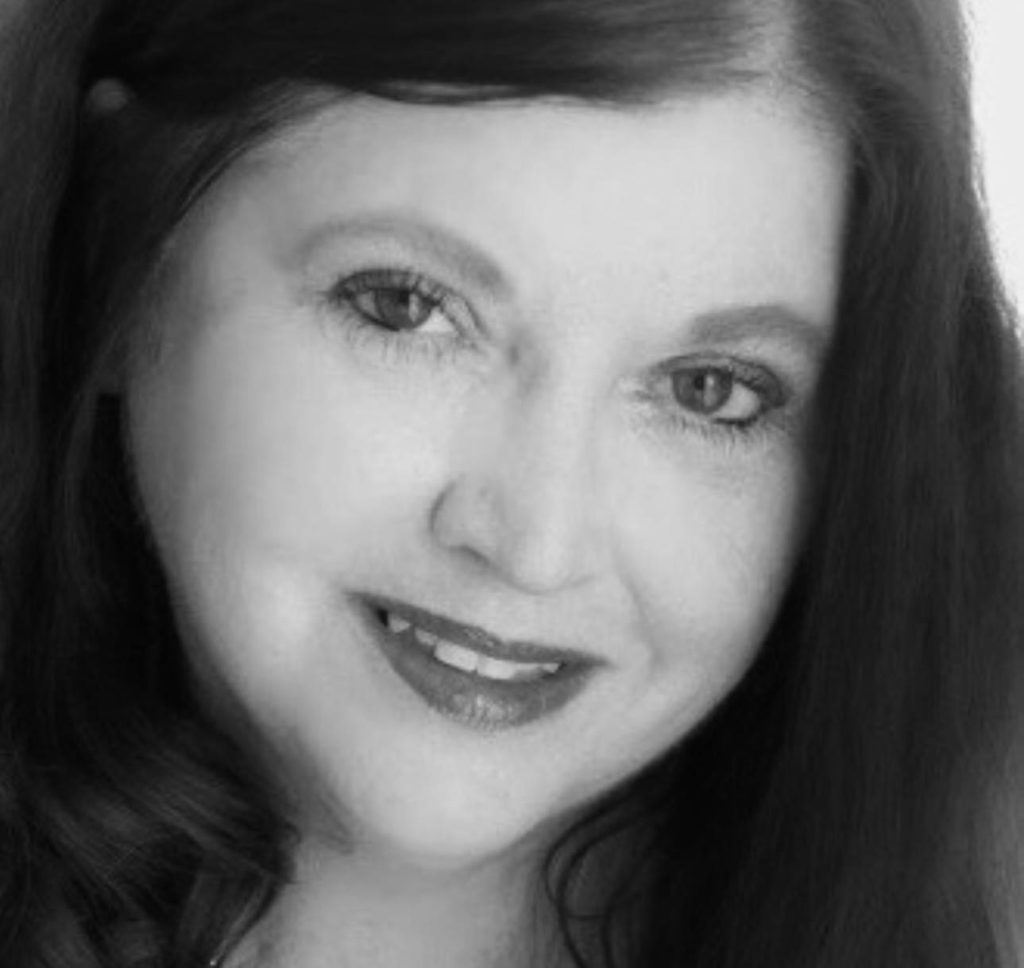
-Which writer inspires you the most?
Screenwriters: Aaron Sorkin and William Goldman. Novels: Stephen Hunter, Thomas Harris and Douglas Preston and Lincoln Child. I buy the latter authors in print usually hardback from Barnes and Noble to support the last major national bookseller. All authors make more money in print and I want to support them. Just as I went to Horizon in the theater because I wanted to support Kevin Costner. I’ll also see Gladiator II there.
-What is the main challenge you encountered while writing your work?
I know this may sound arrogant, but I don’t seem to have many limitations on my imagination or skill set in bringing ideas to fruition. That said, getting the novels into screenplay format has been difficult. Having written both, I can tell you indubitably scripts are much more difficult to write– well– than novels. I’ve written ten at this point but only really tried to market three of them, all listed at Film Freeway. If anyone reads all three they’ll see on the first read they’re very different, but to me they all have the same elements: romance, action/adventure, humor and usually some type of art, history or science. Time and the research involved are also a challenge. Two of my novels, unpublished as of yet, required me to query prominent professors, one on wormholes (Kip Thorne) and the other on prions (Stanley Prusiner). I needed information I couldn’t find either online or in libraries and they were both definitive sources. Both gave me personal replies that answered my questions. Both subsequently won the Nobel prize in their fields. I’m not saying this to brag but to illustrate the lengths to which I’ll go to make my research accurate. And I’m also very good at tracking down people and information, which was an advantage in my development career and is surely an advantage in screenwriting too.
–Every screenwriter needs feedback after completing their project. Is there someone you always turn to for their opinion as soon as you finish writing?
I have two screenwriter friends, one in LA who has won tons of festivals, done multiple shorts, and works in management at a prominent LA based festival. Per her suggestion I just joined the Blacklist a few days ago. We’ll see what happens. The second one lives in Austin and is in my critique group. I manage it and we meet twice monthly. He’s the only experienced screenwriter in the group as he was a paid but uncredited writer on a major film, and used to be a script doctor. He’s given me great feedback. Funnily enough, when I pitched to him my idea of bringing in Robin Williams in da Vinci and Me to teach God to be a comic, he was negative on the idea. I saw it clearly in my head, however, and cried for weeks when Robin died. I wanted to give him a tribute as well as da Vinci, and when this screenwriter read the 12 page sequel opener, he ‘loved’ it. The other four in my critique group are all very good writers but didn’t have much feedback on the two scripts I printed for them because they liked them and were not sure what to critique. I can say I never market a rough draft; I revise multiple times before I even take it for a critique. I’ve also received coverage from several film festivals but they seldom make the same notes. I’m just not a formulaic writer, either for my novels or scripts, which I think has made it difficult for me to make all the plot points clear. I’m working on a rewrite now for the Blacklist.
–Are you currently working on a new screenplay? If so, can you tell us more about it?
I think I’ll probably write the first ten pp of the last of the trilogy, Rafael and Me. Da Vinci and Me, if it gets written, will be considerably different to Heaven’s Hero, its source material, especially as I’ll bring da Vinci to our time, unlike in the book. I already have multiple scenes in my head, such as having a scene where da Vinci has to borrow a helicopter to help defeat the antagonist. I’m attaching a rendering of his machine, just delete if you think it doesn’t fit your format. As for the last story, Rafael and Me, I haven’t come up with a logline yet I love but a kinder, gentler Gladiator meets Star Wars fits pretty well. Rafe will be given the same choice as Mike and Honor: transport to another era on an important mission for humanity. But he’ll be going to the year 3000 when humanity has traveled to the stars. I’m an optimist so I believe we’ll make it that far, hopefully much improved as a species. In my story humanity has evolved into empaths. Artists, engineers, architects, scientists. Because of the earth wars that sent them there they abhor violence and are about to be conquered by an alien race who have based their world building on ancient Roman ideals and ruthlessness. Rafe, homeless and unhappy back in modern NYC because he misses the SEALS that unfairly cashiered him out of their ranks, is in God’s plan to teach them to fight (again, shown in the Sistine Chapel). In the process, he’ll fall in love with the lead empath’s daughter. It may sound like a lot, but I know this last story will have the same elements as the others and that I can pull off this unusual combination. I have the first chapter and a synopsis that my editor offered for, but we couldn’t come to terms. Many of my reviews of Heaven’s Rogue and Heaven’s Hero mention a request for Rafe’s story. Author’s note: Whether Hollywood considers me small potatoes or not, I know I’m a professional fiction writer. These days I only write something I think I can market. I’m working on a virus thriller now that will be the first of a series. Of course if I sell Michelangelo and Me I’ll put it aside and concentrate on screenwriting, but I’m not just going to twiddle my thumbs lol. I’ll be writing until the day I die and there’s much longevity in my lineage.
–If you had to describe your writing style using three adjectives, which ones would you choose?
Believable, entertaining, emotional.

